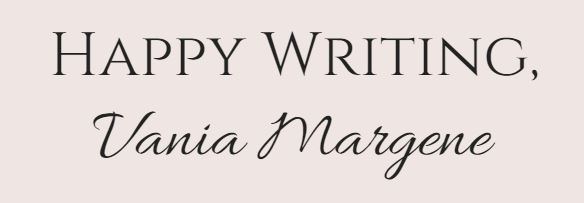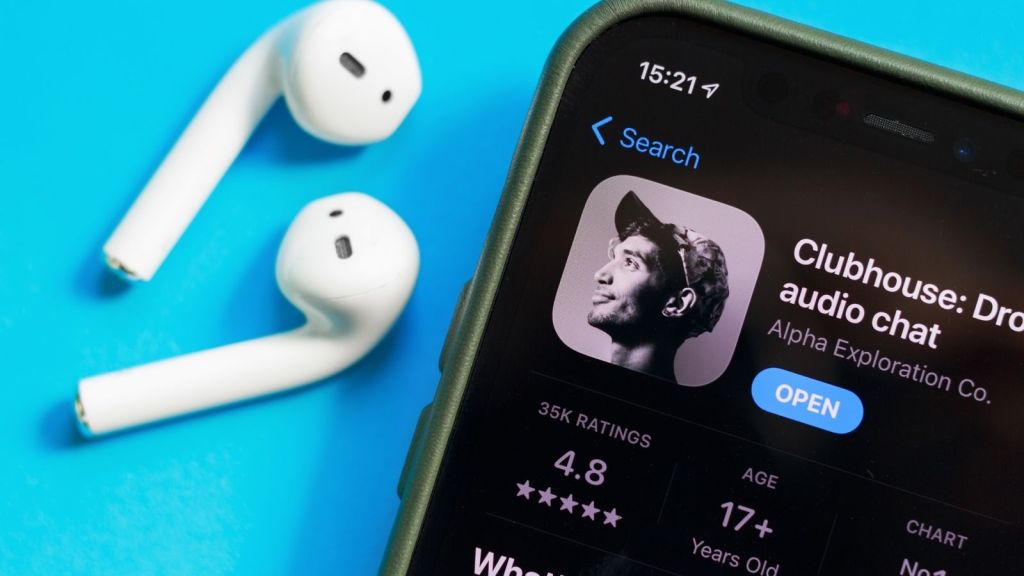
It seems all anyone can talk about these days is Clubhouse, and I was lucky enough to be invited into the app exclusive for iPhone users (thanks Aidy!). If you haven’t heard of Clubhouse, it’s an app where you can drop in on any room of your choosing and be a fly on the wall. I’m a part of a couple of indie writing rooms and a publishing room. One of the rooms, or I guess “club”, is hosted by my Level Up Romance Group on Facebook. There I get to listen to the speakers “on stage” chat about whatever topic they’ve decided on (today it was Kindle’s new platform Vella, but that’s a different blog post). It’s not scripted, not like a podcast where the interviewer answers questions previously given to them by the hosts. It’s fashioned as more of a chat/discussion, or if you’ve ever been to a conference (not just a writing conference but any professional conference) I liken it to dropping into a breakout session and listening in. If you don’t get anything out of it, or you need to attend a different session, you can slip out the door, or in the app’s case, you can press on “leave quietly” and leave the room.
I don’t know all the ins and outs of this app–I’ve never spoken and haven’t been invited to. (My area of expertise is limited and I’m not making any money selling books so I doubt an invitation will be forthcoming in the near future.) I’m still learning how to move about the app (or hallways), and the first time I attended a room, I was scared to blow my nose because I wasn’t sure if I was muted or not. (Unless you’re invited to speak, you are, but it’s up to you to unmute yourself when it’s your turn to contribute.)
As you can imagine, there is a lot of information passed along these casual chats and it feeds right into my Fear Of Missing Out.
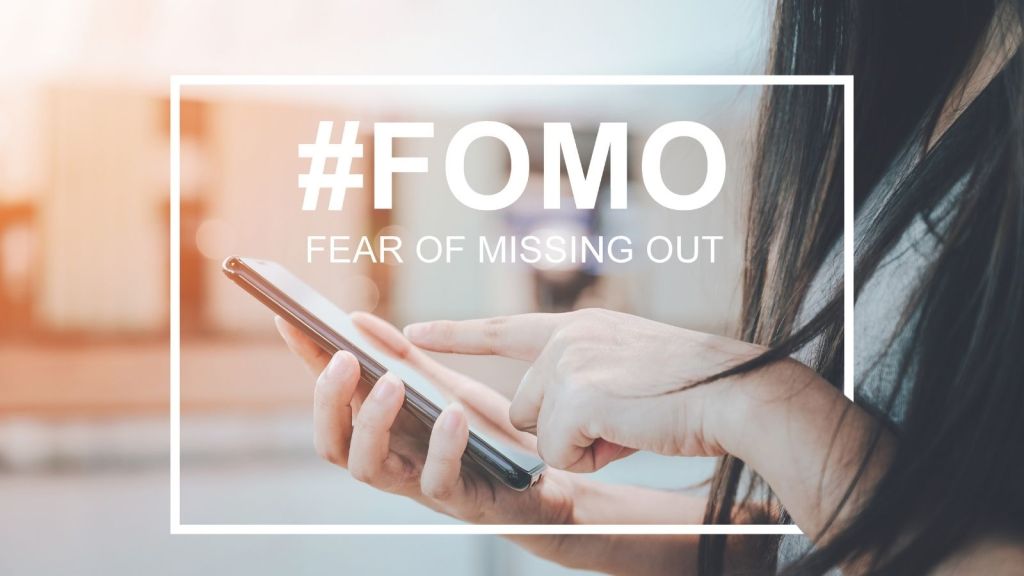
I present myself as a pretty stable individual mental-health wise, and for the most part, I am. But when it comes to the indie publishing industry and all the information out there, I have a desperate fear of missing out on the NEXT NEW THING. How are authors making money, what are they doing, what are they trying? I can get a bit obsessive when it comes to gathering information, and it’s only been in the past six months or so where I’ve tried, consciously tried, to loosen the reins and dump some Facebook groups. I don’t listen to nearly as many podcasts as I used to, either. I haven’t listened to Joanna Penn for quite some time, and it’s been while since I listened to the Wish I’d Known Then podcast hosted by Jami Albright and Sara Rosett, though that one should be at the top of my list since they both write romance and interview romance authors on the regular. I don’t listen to The Sell More Books Show since Jim Kukral left. I don’t care for the new format (no offense, Bryan!) and I don’t click with H. Claire Taylor, Bryan’s new cohost. The only podcast that I listen to every week is the 6 Figure Author podcast. I like Lindsay, Jo, and Andrea, though if it’s just the three of them talking, sometimes their information can get a bit repetitive, and I’m not always interested in their guests, though they are more business-minded than some podcasts I’ve listened to about publishing (recently they interviewed Joe Solari).
The reason why I stopped listening to so many podcasts is because if I listened to as many as I think I needed I wanted, or as many as are available, my mind would not rest. I need the time unplugged to think about my books. I need the time to mull over my plots, what my characters are doing, where they’re going, and how they’re going to get there. If I constantly have a voice yipping in my ear, my brain can’t wander, I can’t brainstorm, and my books will never get done.
There isn’t only one way to write a book, but this is my way. It helps me keep writer’s block at bay. There is no quicker way for me to shut down than if I sit at my computer and I don’t know what I need to write during that session. I call myself a planster, and I plot as I go along, and for me, that does mean knowing what I need to write that day even if I don’t know what I need tomorrow.
This applies to blog posts too. I thought a lot about what I wanted to say on the drive home from dropping my daughter off at school. I never would have had that time if I would have been listening to a Clubhouse meeting or a podcast. Sometimes even music takes away the space in my brain, and in the past I’ve been able to write with music in the background, but I’m moving away from that and writing in silence more and more.
So, enter Clubhouse and my need to know everything. So far the app is new, and there aren’t many rooms you can join, which is a good thing for me. To add to the urgency, rooms aren’t recorded. Either you can join and listen at that moment or you can’t. At least with a podcast, webinar (most offer replays though you can’t join in with a live Q & A session), or even a YouTube video, you can listen at your leisure. While Clubhouse could be a fabulous resource for authors down the road (especially once they are out of beta and you don’t need an invite to join) FOMO is real for a lot of people, and it will be interesting to see how others handle their time.
I don’t know everyone who is on stage most of the time, I know a few of the authors who speak, and they are all full-time authors. I mean, if you’re making ten grand a month on your books, I guess you can feel like you can make time to listen and join the rooms. I need all of my writing time still, because I work full time, have three cats (one of which is always needing something) two kids, and a social life. I need time to shut my brain off or my books won’t get written.

Time to think about your stories and blog posts and other content you share on social media is important, and I need to remind myself constantly that I don’t need to know everything. I like knowing what’s going on in the industry, especially romance. I probably wouldn’t have started writing in first person present had I not been keeping my ear to the ground. I wouldn’t have gone with MailerLite if it wasn’t the most recommended newsletter aggregator. Chances are if I wasn’t paying attention to the indie news in general, I wouldn’t have known to ask for a Clubhouse invite in the first place.
But I have to make sure I have space in my brain for books–which is doubly difficult if you’re already worried about something going on in your life. For me, it’s my health, but I’m slowly getting back to normal there, and eventually that space can be taken up with something else–hopefully nothing quite so serious. The next time I need an oil change, maybe, or when I need to make an appointment for a hair trim. It’s emotionally exhausting worrying about something, and when you can find quiet, it’s best to take it instead of cuing up a podcast or joining a room on Clubhouse.
It’s all about finding that elusive balance.
And that’s always easier said than done.
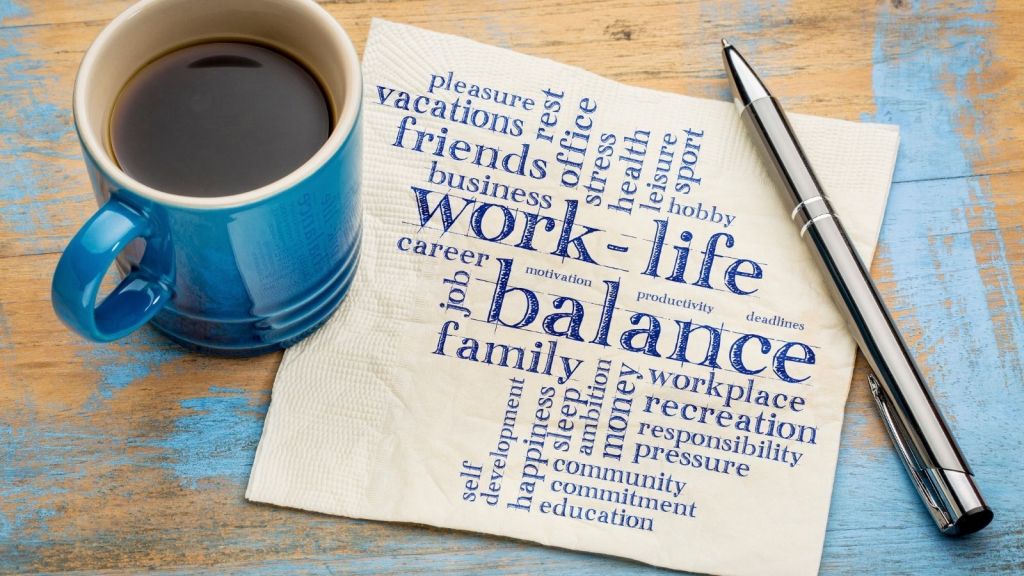
All stock photos supplied by Canva Pro.


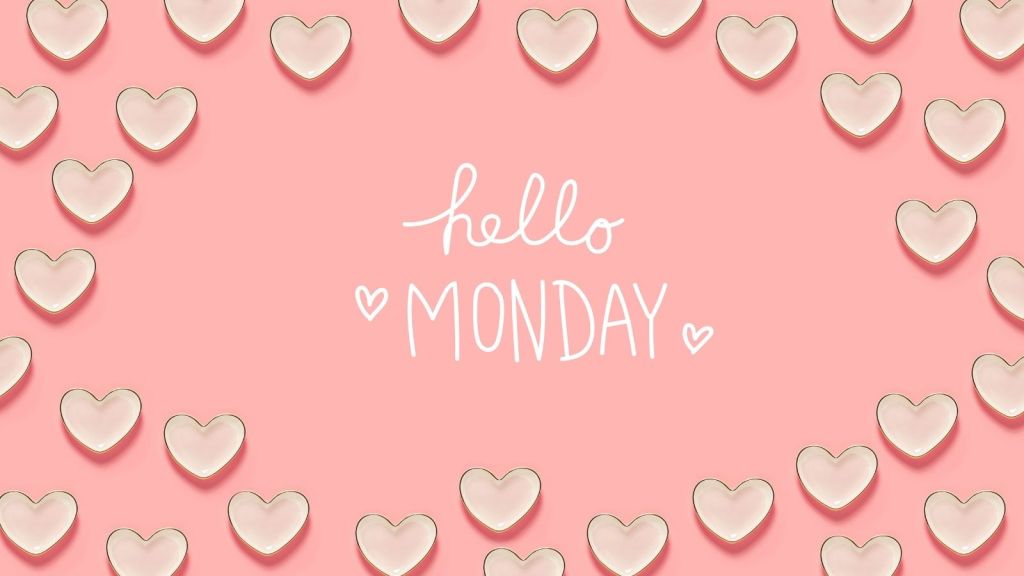
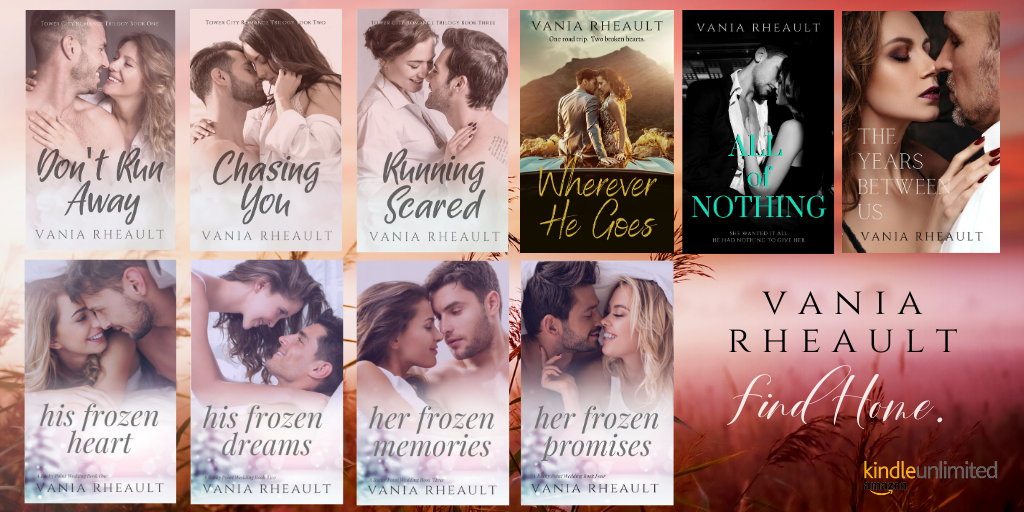




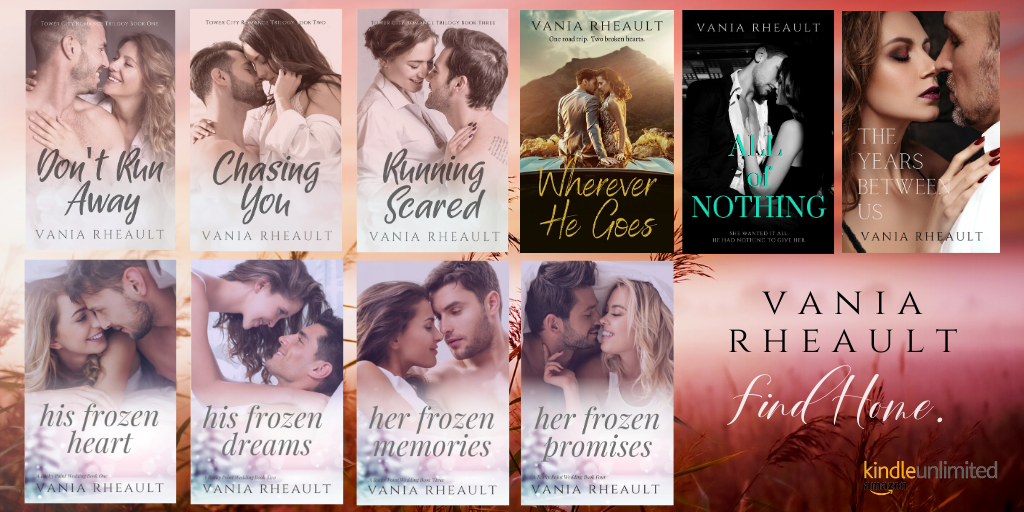


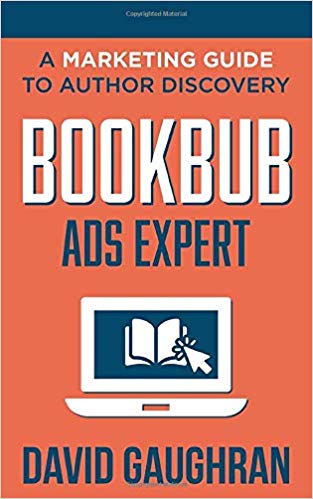 As with Facebook ads, free ways to learn the platform are scarce. To be clear, Bookbub ads are not the same as being approved for a featured deal. Those are expensive and you have to submit and be approved. Bookbub ads are what they sound like — ads you make yourself using Canva or BookBrush that are placed at the bottom of their newsletters they send out to their subscribers. The only authority I know of is David Gaughran.
As with Facebook ads, free ways to learn the platform are scarce. To be clear, Bookbub ads are not the same as being approved for a featured deal. Those are expensive and you have to submit and be approved. Bookbub ads are what they sound like — ads you make yourself using Canva or BookBrush that are placed at the bottom of their newsletters they send out to their subscribers. The only authority I know of is David Gaughran. 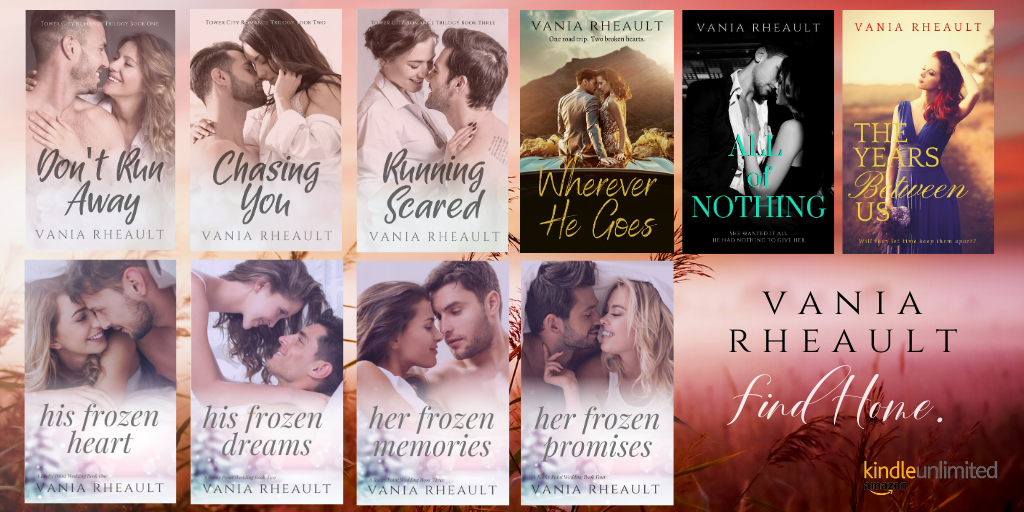


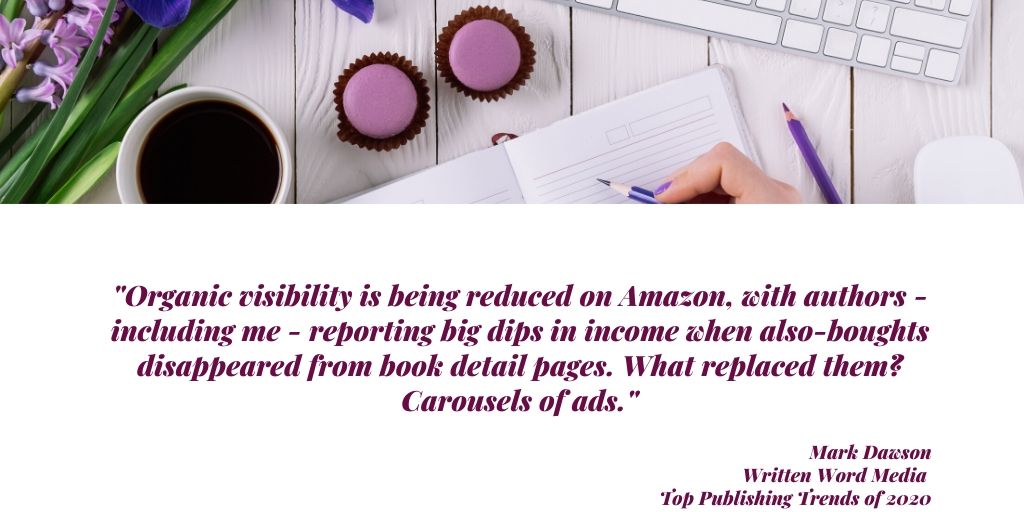

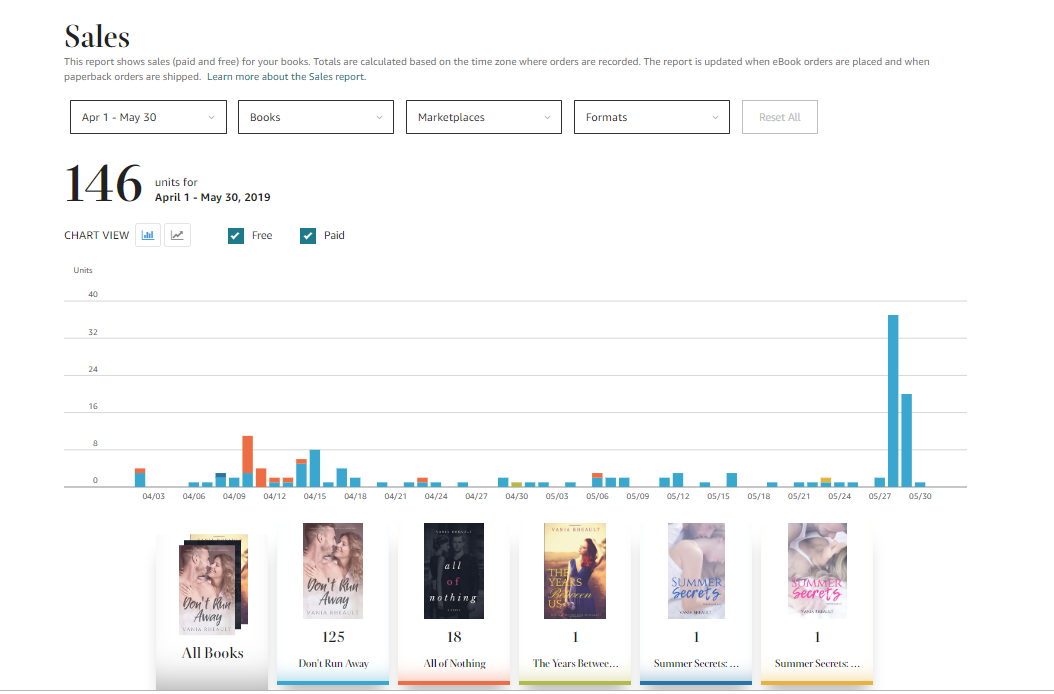

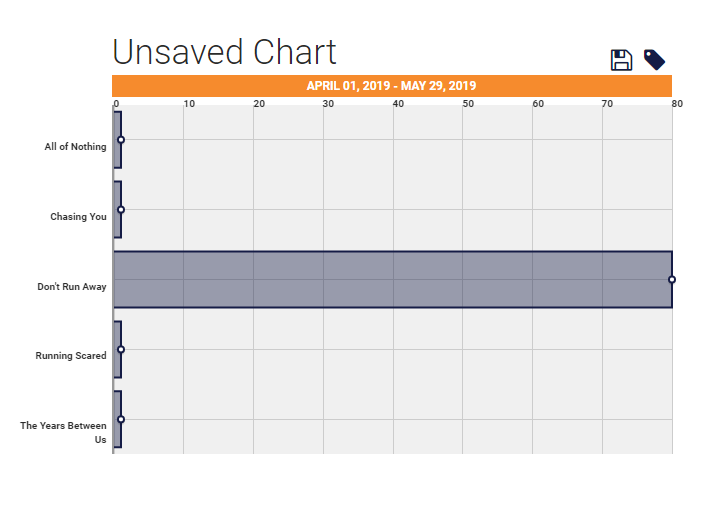
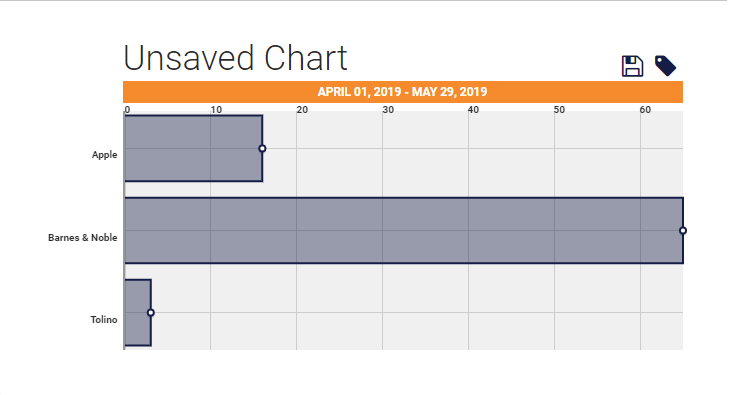


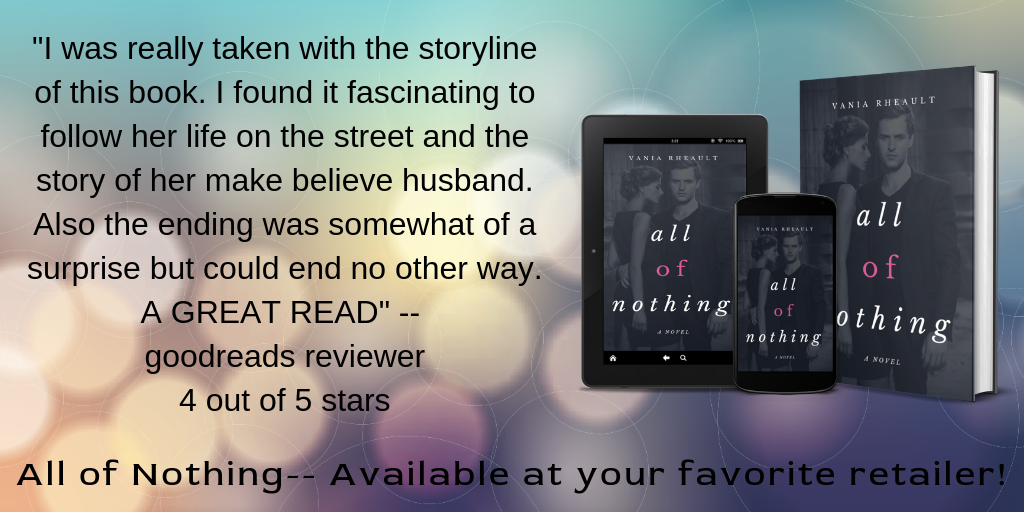
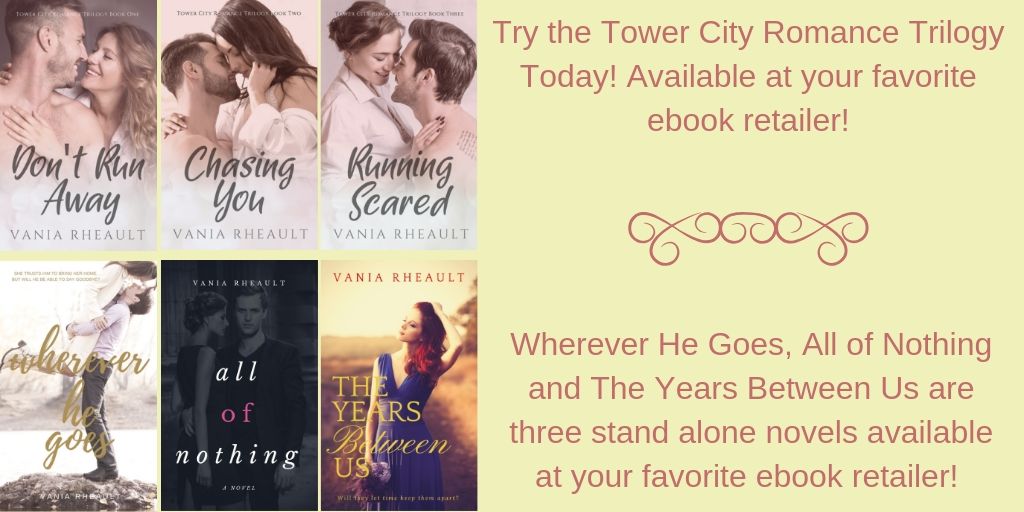
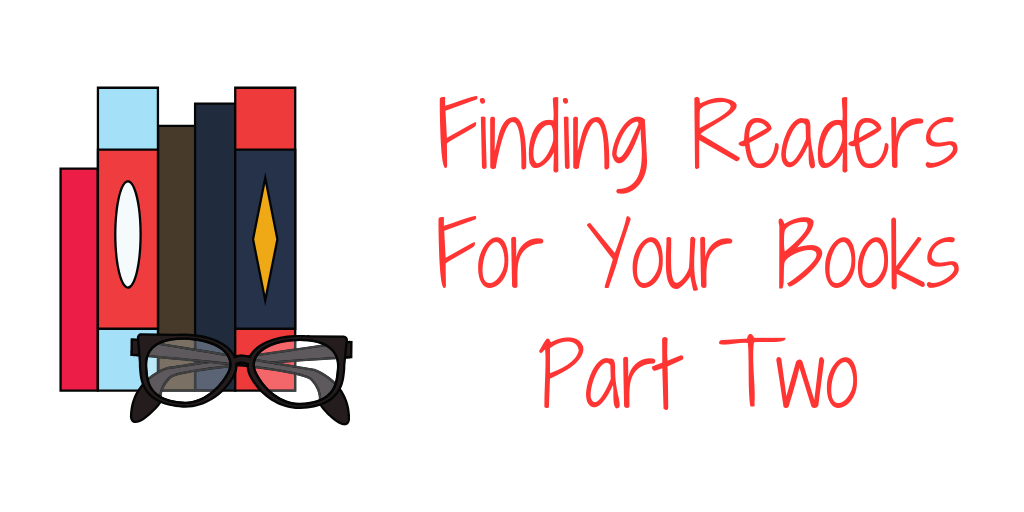



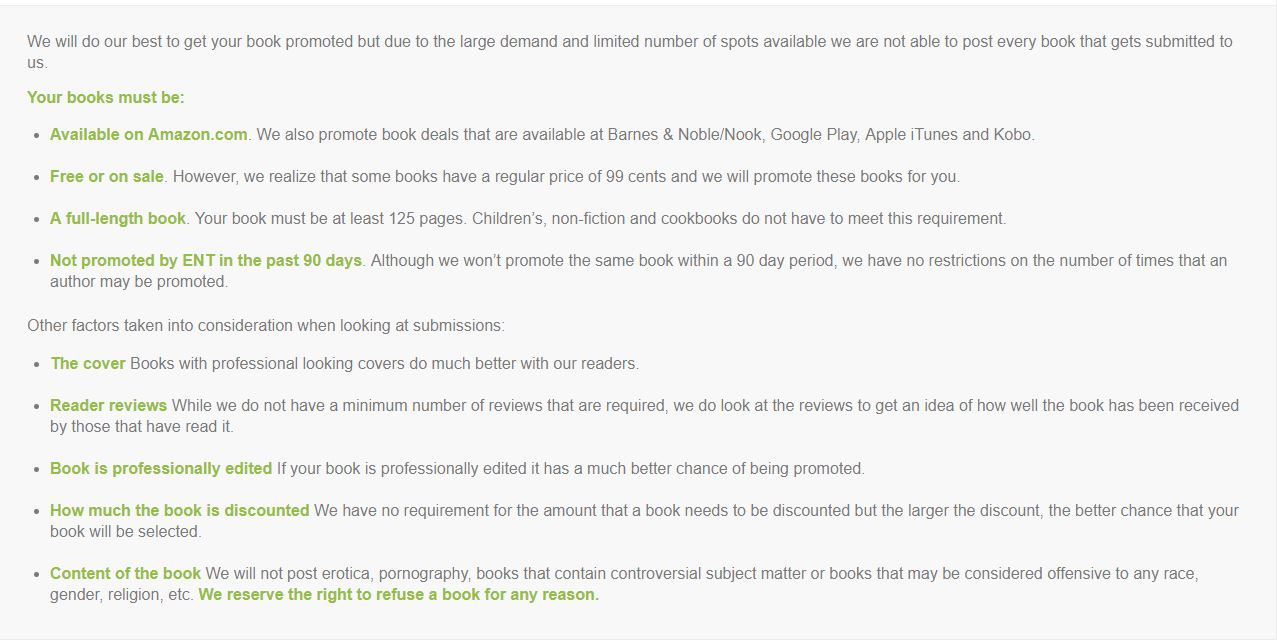
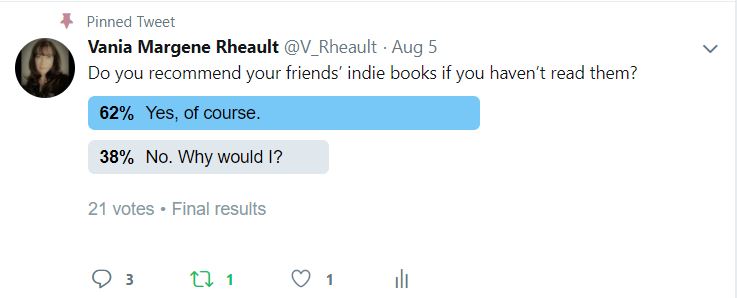
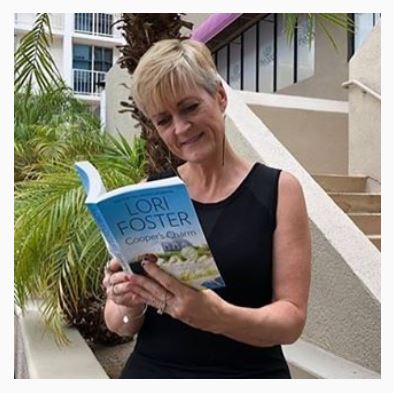


 For sake of simplicity, we can pick on a relatively small account. Say you’re following 300 people. You have more people following you; let’s say this number is 1,000. We’ll keep an even number because my math is terrible. Let’s subtract the 300 you’ve followed back, leaving you with 700 people following you that you have not returned the favor to. Let’s subtract 200 of these because we’ll just assume they aren’t real people. Sexbots and whatnot. That’s 500 people, writers, potential friends, and connections, mind you, you’re not following. What if all of a sudden half those people started engaging with you. You tweeted something funny, an article that hit home. They try to chat with you. Suddenly you have 250 people engaging with you.
For sake of simplicity, we can pick on a relatively small account. Say you’re following 300 people. You have more people following you; let’s say this number is 1,000. We’ll keep an even number because my math is terrible. Let’s subtract the 300 you’ve followed back, leaving you with 700 people following you that you have not returned the favor to. Let’s subtract 200 of these because we’ll just assume they aren’t real people. Sexbots and whatnot. That’s 500 people, writers, potential friends, and connections, mind you, you’re not following. What if all of a sudden half those people started engaging with you. You tweeted something funny, an article that hit home. They try to chat with you. Suddenly you have 250 people engaging with you. You better believe you respond to these people because this is what you wanted, right? All right, I know I’m being facetious, but let’s be real for a minute. Even if you had 25 people on a daily basis wanting to tweet with you, that’s a huge time suck. There are days, like #FollowFriday, or #WriterWednesday, where I do get quite a few notifications, and I do have to take the time to sit and thank everyone. I’m getting to the point where I may not be able to always answer all my notifications, but for now, I’m trying my best. I respect my followers, as should you. Someone thought you were interesting enough to follow, or you’re part of Writer Twitter, whatever, and you thank them by . . . ignoring them. Nice.
You better believe you respond to these people because this is what you wanted, right? All right, I know I’m being facetious, but let’s be real for a minute. Even if you had 25 people on a daily basis wanting to tweet with you, that’s a huge time suck. There are days, like #FollowFriday, or #WriterWednesday, where I do get quite a few notifications, and I do have to take the time to sit and thank everyone. I’m getting to the point where I may not be able to always answer all my notifications, but for now, I’m trying my best. I respect my followers, as should you. Someone thought you were interesting enough to follow, or you’re part of Writer Twitter, whatever, and you thank them by . . . ignoring them. Nice.
 Twitter is like being at a gigantic party! Grab a drink and say hello to everyone. You may not exchange business cards with every person you meet, but you never know when you’re going to make a connection. Or know someone who knows someone who can help you. It only takes a moment to follow back a living, breathing writer.
Twitter is like being at a gigantic party! Grab a drink and say hello to everyone. You may not exchange business cards with every person you meet, but you never know when you’re going to make a connection. Or know someone who knows someone who can help you. It only takes a moment to follow back a living, breathing writer.